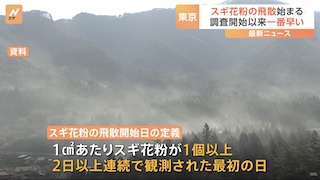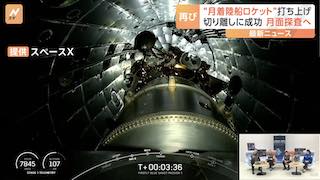TOKYO, Oct 24 (Nikkei) - Japanese companies are striving to build supply chains that do not depend on China, amid that country's growing conflict with the U.S. This is expected to dramatically increase the costs of all manner of products. Are companies prepared for "zero-China?"
This past summer, a top-secret project was in full swing at Honda Motor -- a massive restructuring plan to explore building passenger cars and motorcycles using as few China-made parts as possible.
Companies will have to choose whether to continue doing business in China in the event of a Taiwan contingency. Management must always consider business continuity.
China accounts for more than 30% of Honda's global sales, and the company's policy of making China a mainstay of its earnings will not change in the future. Although the automaker has no intention of leaving China anytime soon, it is facing the China risk head-on to ensure the company is prepared for an emergency.
The company is rushing to estimate the cost of procuring parts from other regions, such as Southeast Asia, while parts for cars to be built in China will be procured within the country. A Honda spokesperson told Nikkei that it is always looking at various options to hedge risks in its supply chain. ...continue reading















